What is COP28?
COP28 is the 28th meeting of the Conference of Parties to the United Nations Framework Convention on Climate Change (UNFCCC). Governments, NGOs, trade unions, businesses, and everyone else with any interest in climate change will meet in Dubai, UAE between 30th November - December 12th, to review and negotiate global action.
What’s needed for a just transition in the built environment?
A ‘just transition’ is the approach to decarbonising global economies in a way that is ‘just’ for people and the planet. This means transitioning to more environmentally-sustainable economies in ways that minimise risks of harm to workers, communities and countries, while reducing inequality and creating decent work and quality jobs.
What is “Loss and Damage” from Climate Change?
The UN Framework Convention on Climate Change (UNFCCC) states that loss and damage generally refers to the impacts of climate change that exceed households’ and communities’ ability to adapt, due to slow onset events (rising sea levels, glacial retreat, desertification, loss of biodiversity) and/or extreme weather events (droughts, heatwaves, and storm surges).
What are Renewable Power Purchasing Agreements?
A renewable power purchase agreement (PPA) is a long-term contract for the purchase of solar, wind or other forms of sustainable energy at an agreed quantity and a stable price. The parties to such contracts are usually the developer of the project and the purchaser of the renewable power.
What is the Proposed EU Corporate Sustainability Due Diligence Directive
The Directive on Corporate Sustainability Due Diligence is to ensure EU companies prevent and mitigate human rights and environmental harms within their operations in Europe and beyond.
What is Free, Prior and Informed Consent (FPIC)?
Free, prior and informed consent (or FPIC) centres on obtaining consent from Indigenous Peoples (IPs) for any activities undertaken on their land. At the basic level, governments cannot implement a policy or programme on or concerning Indigenous Peoples’ lands unless there is prior consultation and consent from the Indigenous community.
What is Community Ownership for Renewable Energy?
Community ownership is an ownership model for energy projects where the assets are jointly owned, operated, and controlled by members of a community and the project developers/operators. It is especially suitable for Indigenous and non-indigenous communities, schools, and municipalities.
What Are the Rights Implications of Wind Energy?
As pressure builds to limit the global rise in temperature at or below 1.5 degrees Celsius by 2050, investment in sustainable technologies is increasing economies of scale and shaping more competitive supply chains. As a result, Indigenous and non-indigenous local communities are adversely impacted by land-grabbing for the construction of wind projects.
What are National Action Plans (NAPs)?
National Action Plans or NAPs are policy documents created by governments which set out priorities, actions and commitments regarding various topics or issue areas. They are a blueprint for action and help chart a course for governments to accelerate, institutionalise and better coordinate efforts to respond to certain challenges.


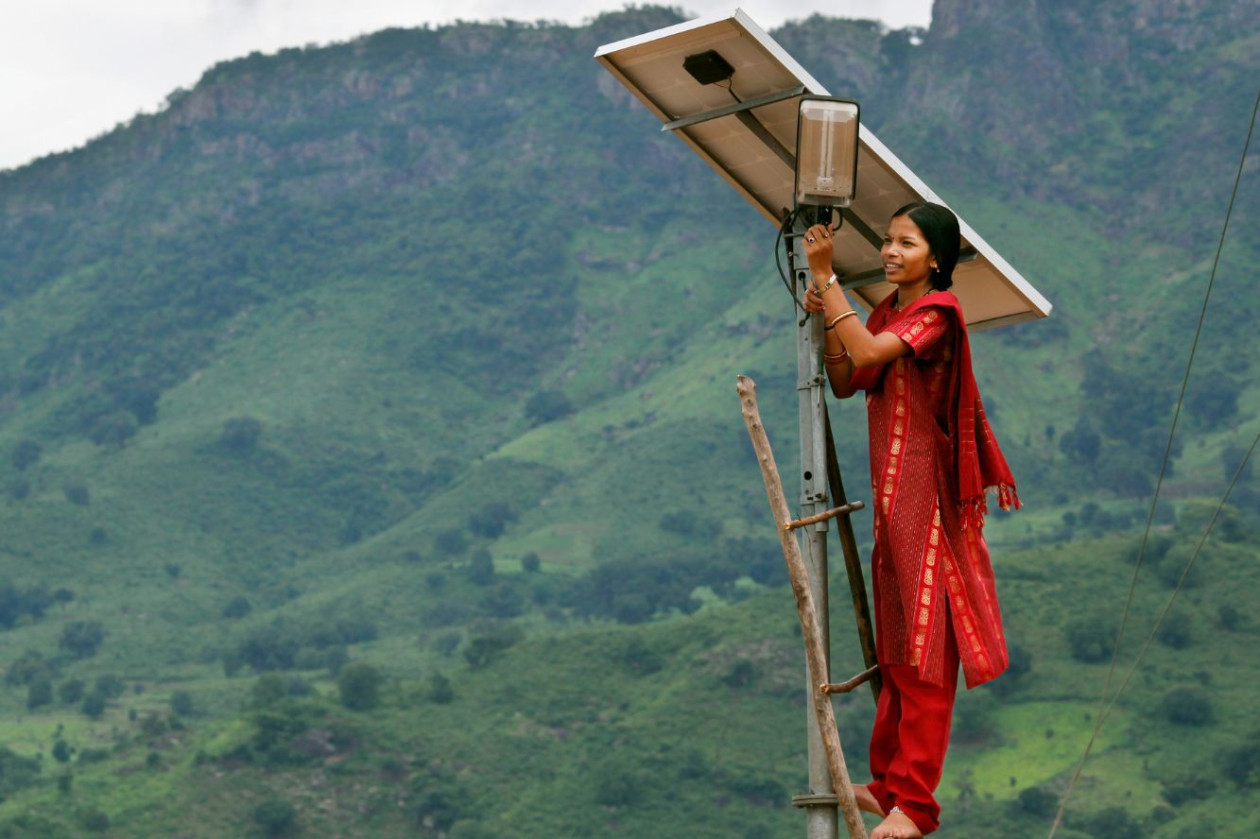
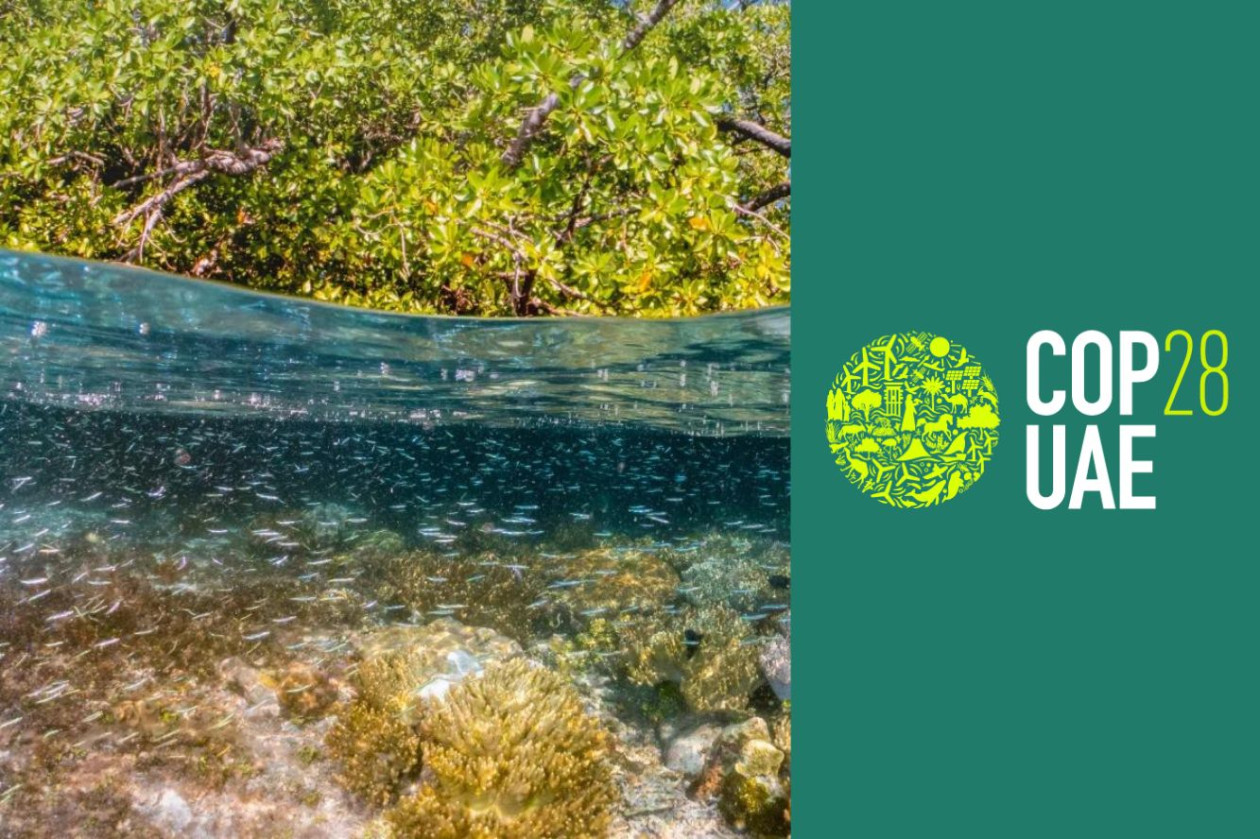
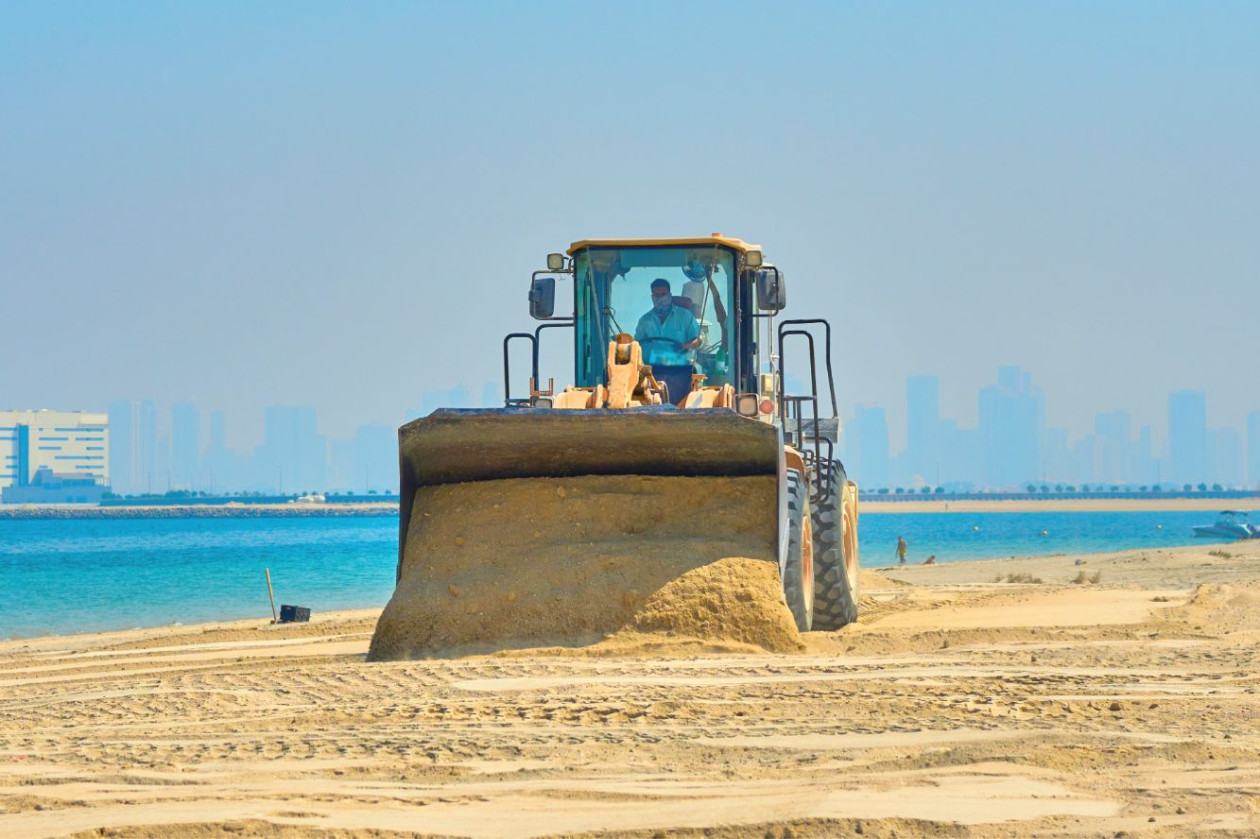
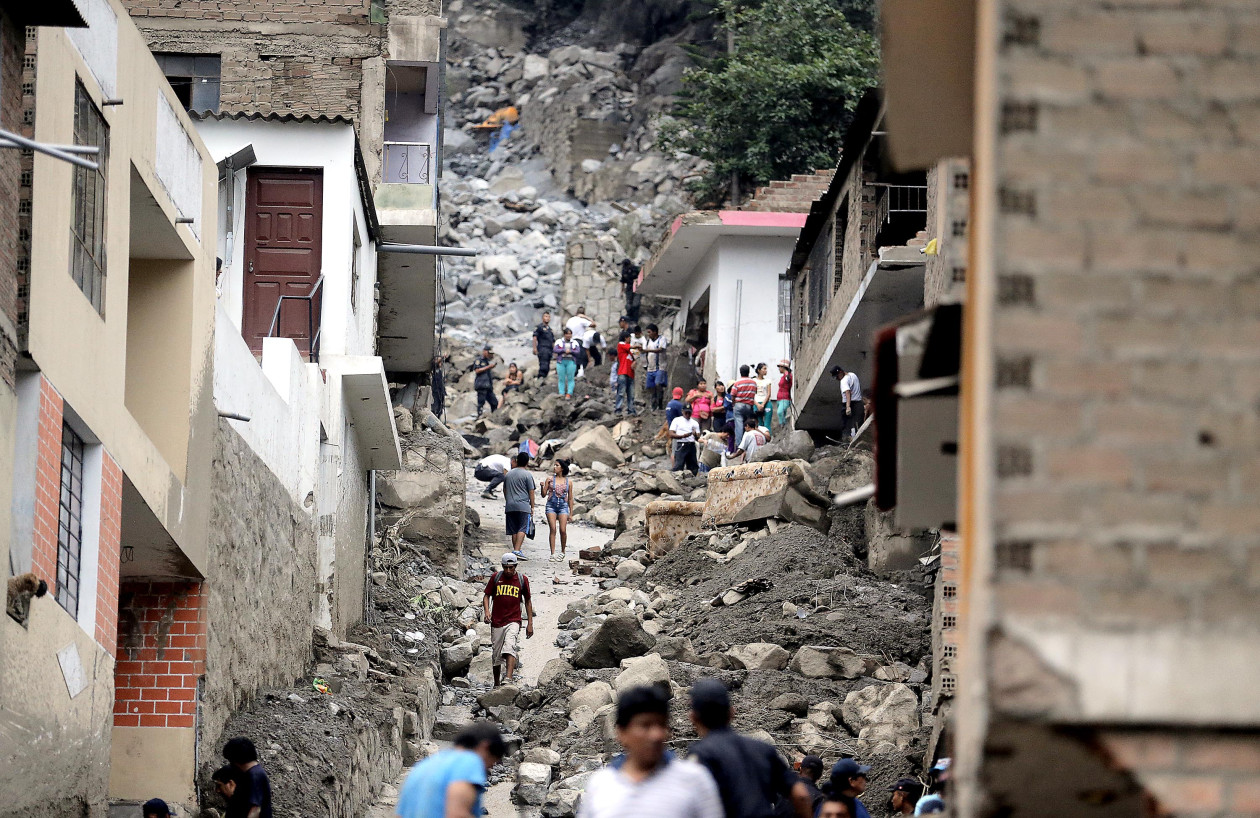
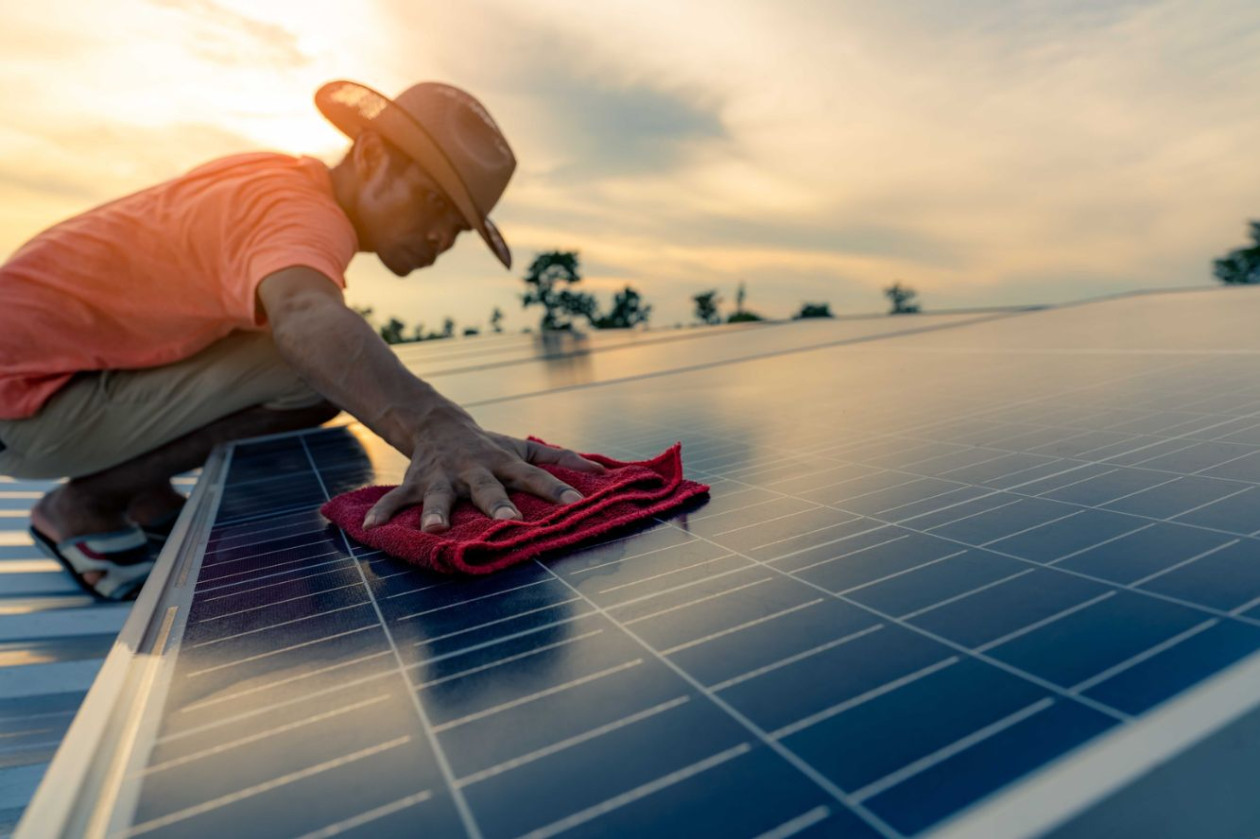
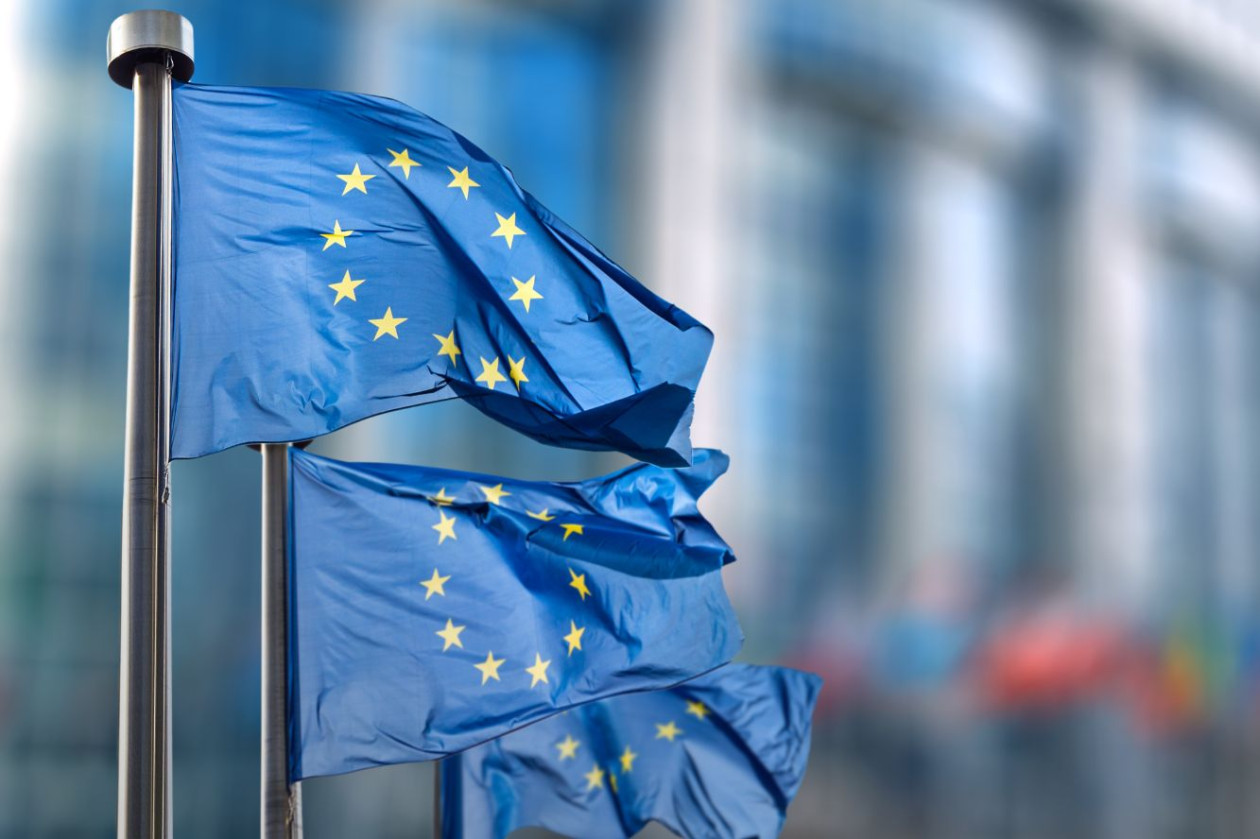
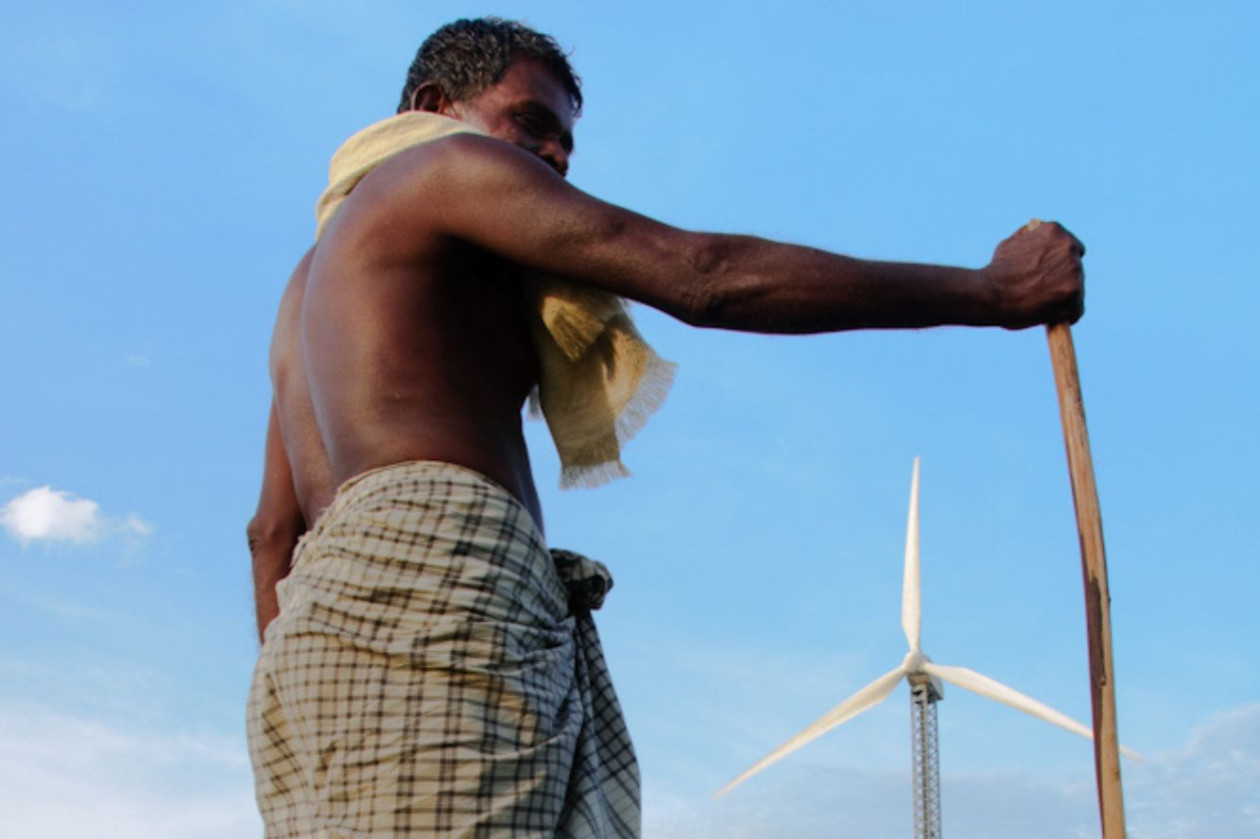
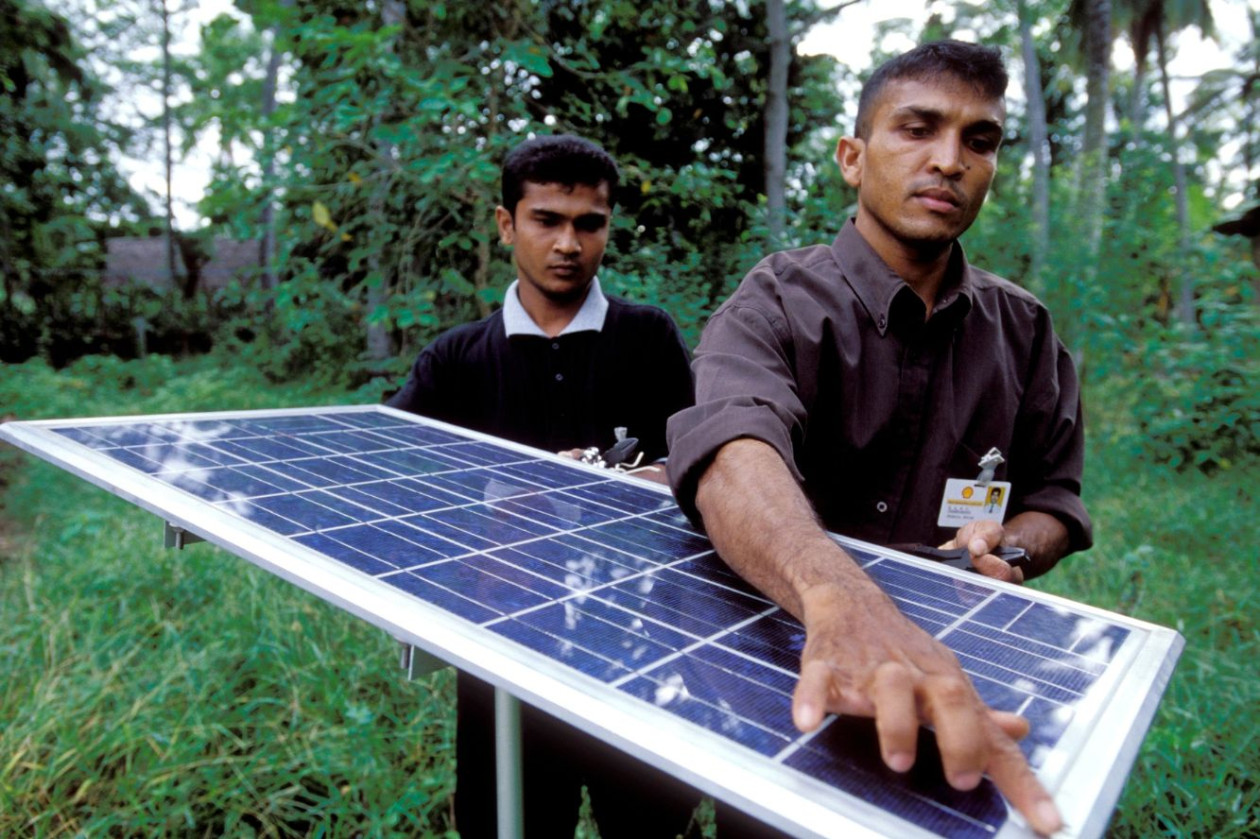
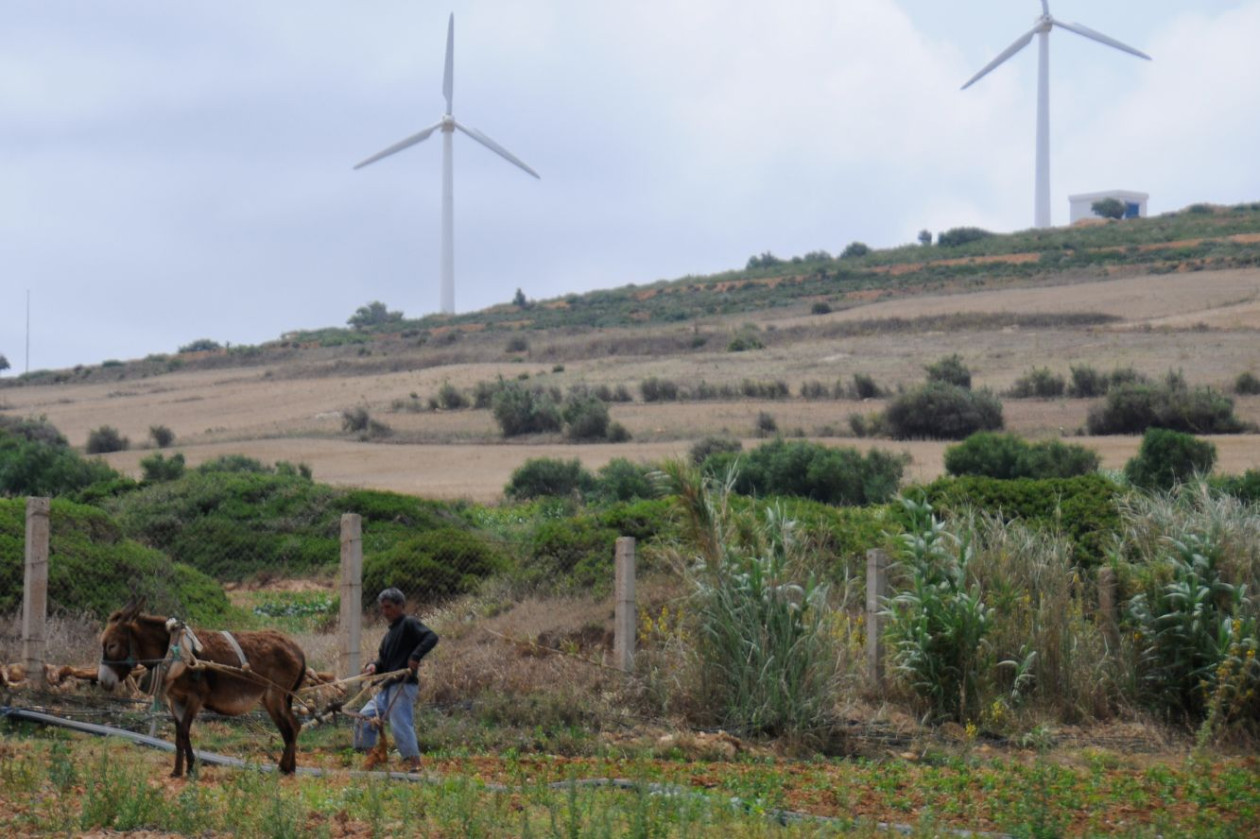


What is Just Transition?
Achieving global net-zero objectives will require unprecedented economic, industrial, and technological systems change across all countries. This necessary transformation of our carbon-intensive economies brings with it significant impacts on workers, indigenous peoples, communities, and others - some positive, others negative - depending how they are managed.